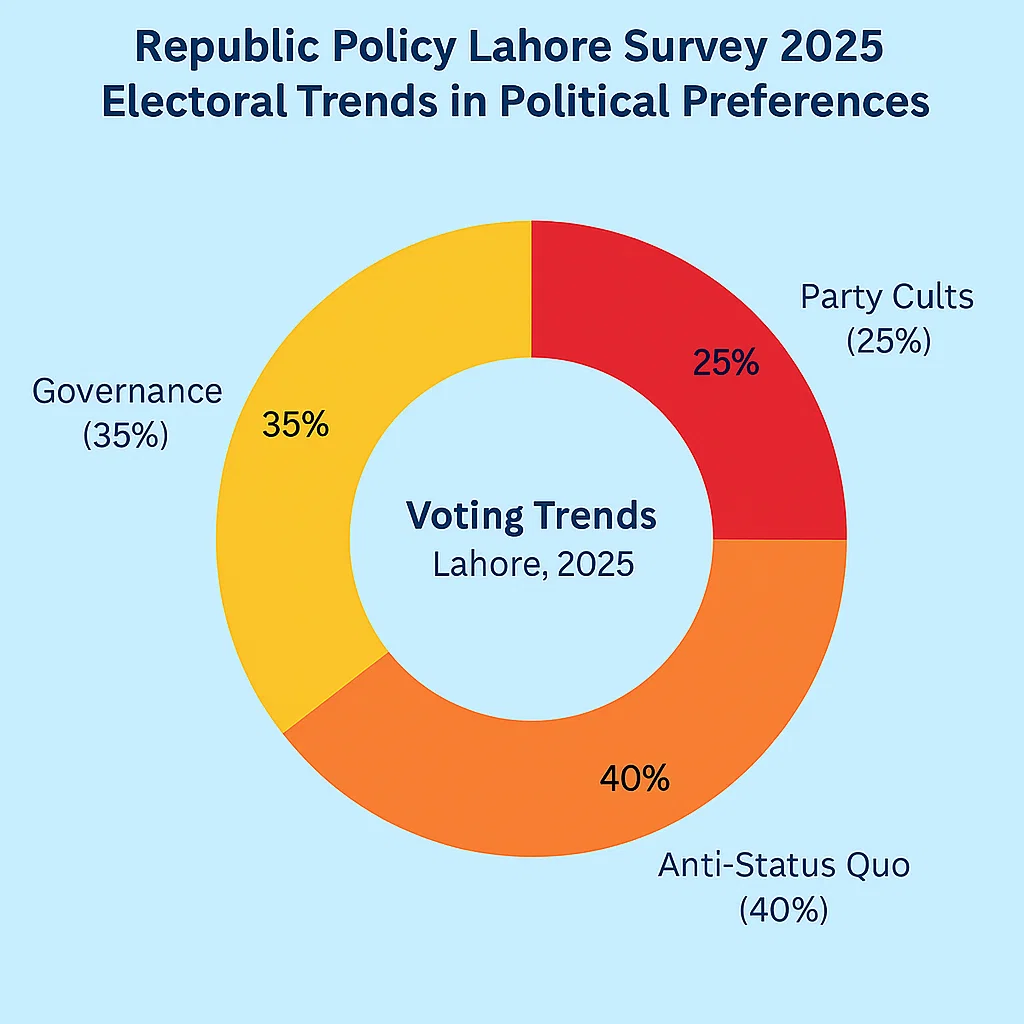Khalid Masood Khan
In the rapidly evolving landscape of sustainable development, community engagement has surfaced as an indispensable catalyst for effecting significant environmental change. Altering our approach to environmental stewardship by decentralizing decision-making processes and fostering inclusivity, community involvement proves to be more than just beneficial—it is essential. This in-depth analysis investigates the critical nature of community engagement in environmentally-focused initiatives, particularly emphasizing its role in tree planting and forest cleaning activities. Additionally, it highlights the invaluable participation of educational institutions, the organization of environmental workshops, the merits of employee volunteering, and other pertinent topics that enrich our understanding of community-driven sustainability efforts. It also underscores the crucial role of policymakers in creating an enabling environment for community-driven sustainability efforts through supportive policies and regulations.
Empowering Local Communities in Tree Planting and Forest Cleaning
At the heart of sustainable development is the empowerment of local communities, whose deep-seated ties to their natural environments render them crucial allies in conservation efforts. Engaging community members in tree planting and forest cleaning initiatives fosters a profound sense of ownership and accountability towards these projects, thereby ensuring their sustainability and long-term viability. However, it’s important to be aware of potential challenges such as resource constraints, lack of expertise, or resistance to change, and to have strategies in place to address them. When community members are actively involved in decision-making and hands-on activities, they cultivate a deeper connection to their land and a vested interest in its ongoing health and vitality.
Moreover, harnessing the potential of community knowledge, cultural practices, and resources can significantly enhance the effectiveness of environmental projects. Particularly, indigenous and traditional communities possess a wealth of wisdom regarding ecosystem dynamics, local flora and fauna, and sustainable land management techniques that have been inherited through generations. By integrating this indigenous knowledge into conservation efforts, we not only improve project success rates but also honor cultural heritage and the rights of these communities.
Community involvement extends beyond mere participation; it engenders a culture of environmental stewardship and accountability. Local constituents, involved in collaborative efforts, become proactive custodians of their ecosystems, nurturing biodiversity, combating climate change, and rehabilitating degraded landscapes. Such collective responsibility cultivates an overarching culture of environmental consciousness, which inspires wider societal shifts towards sustainability.
Initiatives such as community-led reforestation, participatory forest management, and citizen science projects exemplify the transformative power of grassroots engagement in conservation. For instance, community-led reforestation projects empower local residents to not only plant trees but also ensure their ongoing survival and integration into healthy ecosystems. Similarly, participatory forest management initiatives give communities the authority to co-manage forest resources in ways that harmonize conservation goals with local livelihood needs. Furthermore, citizen science projects tap into the collective enthusiasm and insight of community members to monitor biodiversity, observe environmental shifts, and provide data that informs conservation decisions.
Engaging Schools and Staff
Educational institutions can be considered vital arenas for the dissemination of knowledge and the promotion of societal transformation, making them critical collaborators in environmental sustainability efforts. By embedding sustainability within their curricula and organizing tree planting and cleanup events, schools have the unique opportunity to cultivate ecological awareness from a young age, instilling a sense of hope for a future where environmental consciousness is the norm. Moreover, involving school staff in these initiatives reinforces an overarching culture of environmental responsibility across the educational landscape. This synergistic approach not only benefits the local ecosystem but also helps in nurturing future generations of environmentally-conscious citizens. Programs such as eco-clubs, service-learning initiatives, and sustainability committees exemplify the pivotal role educational institutions play in embedding a culture of sustainability.
Organizing Environmental Workshops
Environmental workshops serve as a crucial platform for raising awareness of pressing ecological issues while equipping communities with the tools necessary to tackle these challenges effectively. These forums unite experts, activists, and engaged citizens to share knowledge and devise creative solutions to pressing environmental issues.
The breadth of topics covered in environmental workshops is expansive, ranging from climate change mitigation to biodiversity conservation and waste management. Participants benefit not only from theoretical discussions but also from practical guidance on implementing sustainable practices in daily lives and wider community contexts.
A notable advantage of these workshops is their ability to create a strong sense of communal responsibility and urgency among attendees. Through interactive sessions and collaborative activities, individuals come to understand the interconnectedness between anthropogenic actions and environmental degradation. This comprehension often manifests in actionable behaviors, such as reduced energy consumption, waste minimization, and advocacy for policy reforms at various levels.
Furthermore, environmental workshops act as incubators for grassroots movements and community-driven initiatives. They provide a space where individuals can forge connections with fellow community members, consolidating their resources and efforts for collective action. This collaborative spirit enables participants to initiate projects such as tree-planting events, campaigns to ban single-use plastics, or advocacy for the conservation of vital ecosystems. The successful implementation of these initiatives brings a sense of pride and satisfaction, reinforcing the value of community-driven sustainability efforts.
Case studies further illustrate the impact of environmental workshops on community empowerment. For instance, programs focused on rainwater harvesting have empowered rural communities to utilize precious water resources for agriculture. Similarly, workshops promoting active transportation solutions have tangibly improved public health in urban areas plagued by air pollution.
Beyond shaping behavior change, environmental workshops play a critical role in fortifying community resilience in the face of climate-related hazards and natural disasters. By equipping participants with essential skills and strategies for disaster preparedness and resource management, these sessions nurture communities’ abilities to rebound more robustly after environmental setbacks.
The Value of Employee Volunteering
Employee volunteering programs emerge as a robust avenue for companies to align their business strategies with social and environmental imperatives. Moving beyond conventional philanthropic engagements, these initiatives empower employees to engage actively in meaningful activities that further sustainable development goals. By collaborating with local communities or environmental NGOs on tree-planting or clean-up drives, organizations can highlight their commitment to corporate social responsibility while offering employees avenues for personal fulfillment and growth.
Hands-on participation in conservation-oriented activities cultivates a sense of pride among employees, deepening their connection to their organization’s sustainability efforts. Whether rehabilitating damaged ecosystems, clearing coastal areas of plastic waste, or engaging in urban greening projects, employees gain firsthand insights into the positive impact their efforts can yield. These experiences reinforce commitment to corporate values centered around environmental stewardship.
Furthermore, employee volunteering fosters camaraderie and teamwork beyond the immediate environment of the workplace. Collaborating on common goals encourages trust, communication, and mutual respect among colleagues, contributing positively to overall workplace morale and employee satisfaction.
Moreover, engaging employees in volunteerism serves to establish partnerships between corporations and non-governmental organizations. By leveraging their resources and expertise, companies can amplify their sustainability initiatives through strategic collaborations that benefit both parties. Combined efforts translate into enhanced innovation and a concerted approach towards shared sustainability objectives.
Numerous successful corporate volunteering programs illustrate diverse methodologies through which companies can engage employees in sustainability efforts. From grassroots initiatives like eco-teams to skills-based volunteering that applies employees’ professional skills toward environmental causes, organizations increasingly recognize the value of employee involvement in fostering sustainable agendas.
Community-Based Ecotourism Initiatives
Ecotourism offers a distinctive framework for leveraging community engagement in sustainable development while simultaneously promoting environmental conservation and financial empowerment. Community-based ecotourism involves local residents in the planning, management, and distribution of tourism benefits, cultivating stewardship over natural resources. This form of tourism provides alternative livelihoods, mitigating poverty, easing pressure on vulnerable ecosystems, and promoting the preservation of cultural heritage. Case studies showcasing successful community-owned lodges, resident-led guided tours, and ecotourism cooperatives accentuate the capacity of tourism as a vehicle for sustainable development and communal empowerment.
Strengthening Community Resilience to Climate Change
Addressing climate change demands community engagement at every level, particularly in vulnerable regions where the impacts are most pronounced. Involving local communities in adaptation planning and execution ensures that interventions are culturally relevant, contextually appropriate, and attuned to the unique needs of these populations. Community-based adaptation strategies—ranging from sustainable land management to water conservation programs—empower community members to endure climate-related shocks, bolstering their capacity to address future challenges. Successful case studies showcasing community-led reforestation and coastal restoration underscore the significance of local participation and traditional knowledge in fostering climate resilience.
In summary, community engagement presents a cornerstone of effective environmental initiatives, particularly in efforts concerning tree planting, forest cleaning, and broader sustainable practices. By including local communities, educational institutions, and corporate entities, we can harness the collective strength of grassroots action to stimulate meaningful change. Further, organizing environmental workshops, promoting employee engagement, supporting community-based ecotourism, and bolstering resilience against climate change augment the impact of sustainability ventures. Ultimately, the success of organizations working toward ecological integrity hinges on their ability to cultivate meaningful partnerships and empower local communities in creating a greener, more resilient world.















